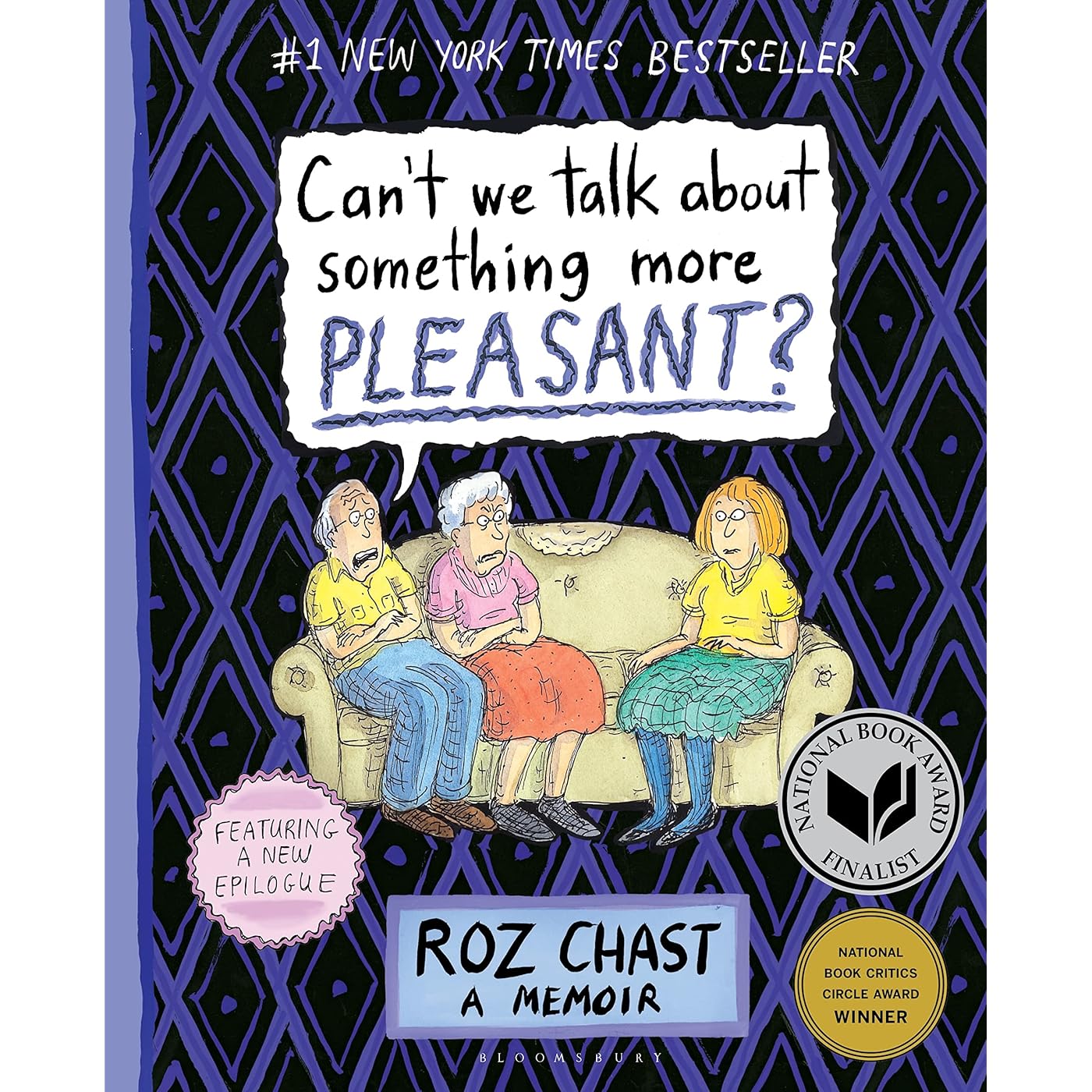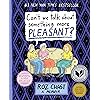

Ready to go? Add this product to your cart and select a plan during checkout. Payment plans are offered through our trusted finance partners Klarna, PayTomorrow, Affirm, Afterpay, Apple Pay, and PayPal. No-credit-needed leasing options through Acima may also be available at checkout.
Learn more about financing & leasing here.
Eligible for Return, Refund or Replacement within 30 days of receipt
To qualify for a full refund, items must be returned in their original, unused condition. If an item is returned in a used, damaged, or materially different state, you may be granted a partial refund.
To initiate a return, please visit our Returns Center.
View our full returns policy here.
Description
1 New York Times Bestseller 2014 National Book Award Finalist Winner of the inaugural 2014 Kirkus Prize in nonfiction Winner of the National Book Critics Circle Award Winner of the 2014 Books for a Better Life Award Winner of the 2015 Reuben Award from National Cartoonists Society In her first memoir, New Yorker cartoonist Roz Chast brings her signature wit to the topic of aging parents. Spanning the last several years of their lives and told through four- color cartoons, family photos, and documents, and a narrative as rife with laughs as it is with tears, Chast's memoir is both comfort and comic relief for anyone experiencing the life-altering loss of elderly parents. While the particulars are Chast-ian in their idiosyncrasies--an anxious father who had relied heavily on his wife for stability as he slipped into dementia and a former assistant principal mother whose overbearing personality had sidelined Roz for decades--the themes are universal: adult children accepting a parental role; aging and unstable parents leaving a family home for an institution; dealing with uncomfortable physical intimacies; and hiring strangers to provide the most personal care. An amazing portrait of two lives at their end and an only child coping as best she can, Can't We Talk about Something More Pleasant shows the full range of Roz Chast's talent as cartoonist and storyteller. Read more
Publisher : Bloomsbury USA; Reprint edition (September 13, 2016)
Language : English
Paperback : 240 pages
ISBN-10 : 1632861011
ISBN-13 : 16
Item Weight : 2.31 pounds
Dimensions : 7.55 x 0.6 x 9.2 inches
Best Sellers Rank: #21,448 in Books (See Top 100 in Books) #8 in Educational & Nonfiction Graphic Novels #15 in Biographies & History Graphic Novels #784 in Memoirs (Books)
#8 in Educational & Nonfiction Graphic Novels:
#15 in Biographies & History Graphic Novels: